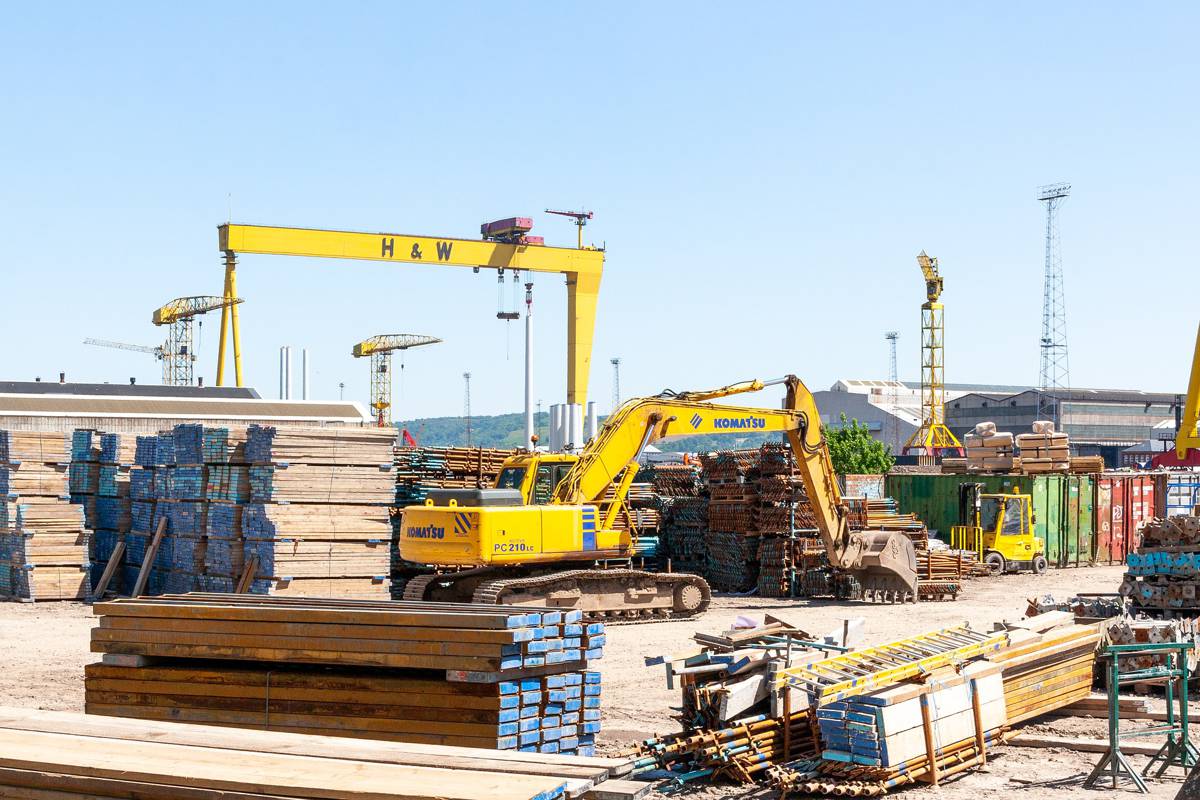UK Government offering little support for the Construction Industry
Construction companies and contractors are still hoping for some good news from the Government to ease the growing cost pressures affecting the industry – but all the signs suggest there will be little to cheer about.
Rishi Sunak’s recent spring statement offered a few crumbs of comfort in the form of a cut in VAT on energy-saving products like solar panels and home insulation and support for retrofitting work.
It was a welcome step in reducing the up-front costs of energy efficiency projects and, but many in the industry are hoping that, later in the year, he may go further by incentivising retrofitting and other projects through further public support and investment.
A 5% cut in fuel duty will also be of some consolation to the industry, facing rising transport and fabrication costs.
But a hoped-for pause in the pending rise in National Insurance contributions failed to materialise leaving some construction firms – hoping to invest more to recover from the pandemic and increase staff wages to help cover inflationary pressures – disappointed.
Some companies had also held out hope that the Government would offer some support for training schemes to address the skills shortage in the industry, caused by an ageing workforce and the exodus of EU workers following Brexit.
Latest figures show the UK construction industry had 48,000 vacancies: a two-decade long high.
The industry was also looking for ministers to tackle the cost-of-living crisis, as inflation is threatening to reduce the affordability of mortgages and rents, that will ultimately hit construction companies.
As financial pressures hit homeowners, they will inevitably impact on those looking to join and scale the property ladder.
And while the Chancellor did introduce some measures to ease the burden of the hardest hit families – including raising the national insurance threshold to £12,570 meaning 30million people can now earn more before they pay any tax – there was a general feeling that the measures didn’t go far enough.
Growing energy price rises will hit those on the lowest incomes hardest and spiralling household debt threatens to impact demand for affordable housing, one of the main drivers of the move to decarbonise UK housing.
There was no mention at all during Sunak’s speech of the UK Government’s target of achieve net zero emissions by 2050. UK homes are responsible for 35% of energy use and t 20% of carbon dioxide emissions.
He has signalled that in his Autumn statement he will cut tax on capital investment by businesses to help them deliver on those targets and many industry figures hope this commitment will be framed in a targeted and coherent green investment policy.
It is hoped there will be tax incentives for investors and building owners to reclaim tax on green investment in commercial and industrial buildings, such as improving the energy efficiency of roofs. The longer we take to retrofit our existing building stock, the harder that task will be.
Another hoped-for measure that failed to materialise in the Chancellor’s statement was a pause in the removal of the red diesel entitlement for the construction industry, despite a concerted call by industry bodies and a 16,000-signature petition.
The red diesel rebate was worth £1.28billion to the industry and that loss has only been exacerbated by the recent hike in fuel prices following the Russian invasion of Ukraine.
With continuing disruptions to global supply chains and a predicted rise in inflation to 7.4% this year – and further increases to come – construction companies, contractors, and the wider industry, including building materials manufacturers, were looking for more support but were left disappointed.
Article by Ryan Gilluley, Managing Director of GCM Ltd, a Lanarkshire-based firm of cost consultants, claims and disputes experts for the construction and engineering sectors.





























